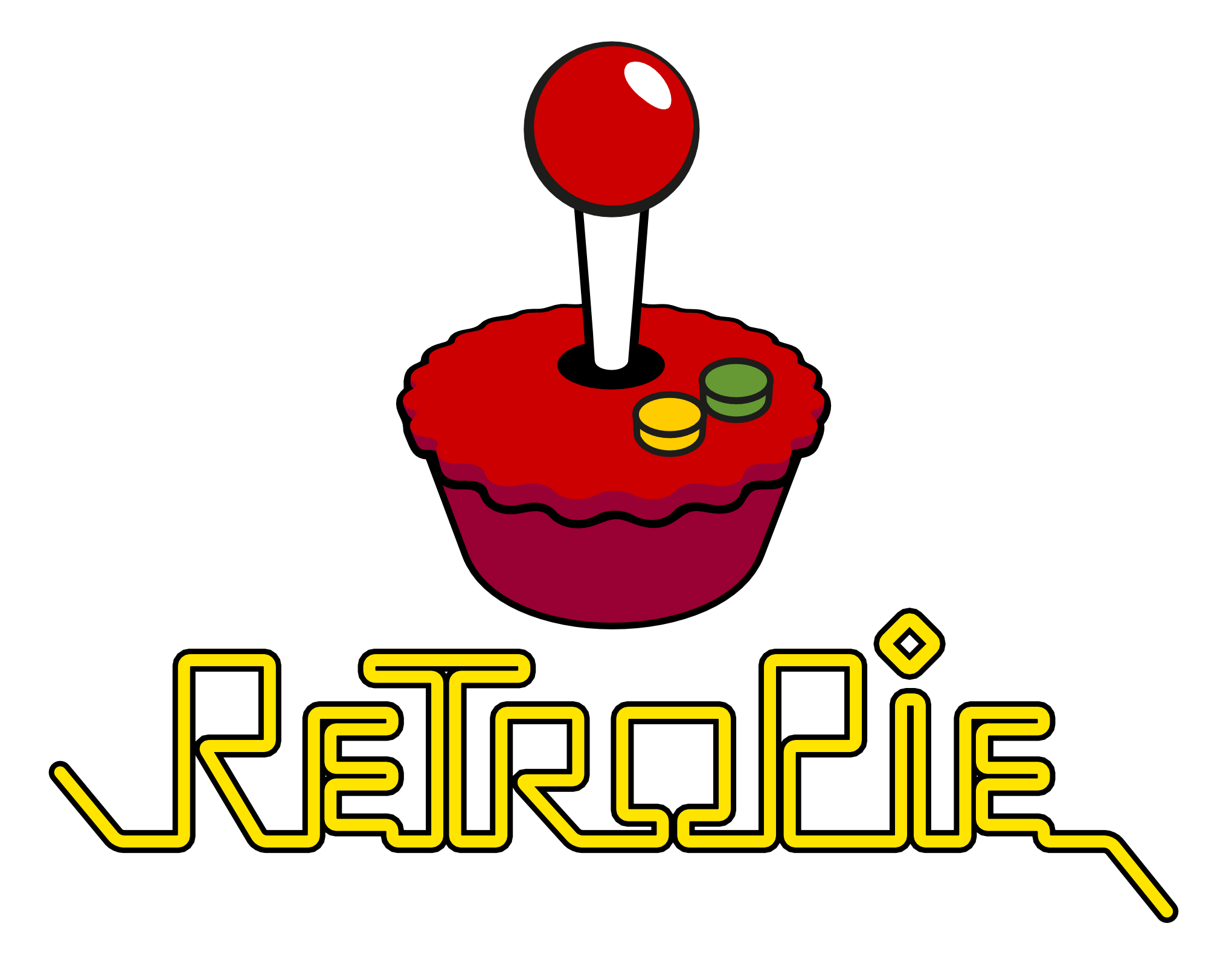Google and the Canonical Link Rel
Google has introduced a link tag rel value of canonical which is used for defining the value of the page that Google should use. Why? Lets say you have an eCommerce site and one of the product URLs is:
http://yoursite.com/product.php?p=david+walsh+blog+book
Imagine now that you can make a slight customization to the product that changes the URL to:
http://yoursite.com/product.php?p=david+walsh+blog+book&color=red
Uh oh -- Google sees duplicate content! The code shows essentially the same page so Google thinks you're pulling gangsta stuff. Now you can tell Google what URL to use for the current page to avoid duplicate content penalization.
The XHTML
<link rel="canonical" href="http://yoursite.com/product.php?p=david+walsh+blog+book" />
Don't let your website get penalized by Google; use this link/rel tag combination for your highly variable pages.
![9 Mind-Blowing Canvas Demos]()
The <canvas> element has been a revelation for the visual experts among our ranks. Canvas provides the means for incredible and efficient animations with the added bonus of no Flash; these developers can flash their awesome JavaScript skills instead. Here are nine unbelievable canvas demos that...
![How to Create a RetroPie on Raspberry Pi – Graphical Guide]()
Today we get to play amazing games on our super powered game consoles, PCs, VR headsets, and even mobile devices. While I enjoy playing new games these days, I do long for the retro gaming systems I had when I was a kid: the original Nintendo...
![Link Nudging Using Dojo]()
In the past we've tinkered with link nudging with MooTools and link nudging with jQuery. In an effort to familiarize myself with other JavaScript frameworks, we're going to try to duplicate that effect with another awesome framework: Dojo.
The JavaScript: Attempt...
![Simple Image Lazy Load and Fade]()
One of the quickest and easiest website performance optimizations is decreasing image loading. That means a variety of things, including minifying images with tools like ImageOptim and TinyPNG, using data URIs and sprites, and lazy loading images. It's a bit jarring when you're lazy loading images and they just...





Note that the All-in-one SEO WP plugin does this for you. Good to know should you bloggers be worried.
I think the article could have given a bit more info on canonical urls…
@Adriaan: Thank you for your comment. I could have but my fear is spending a ton of time on an explanation when 99% of people would prefer a brief explanation with a sample problem and solution like I provided. I appreciate your honesty!
OK, I had to go to Google to find out where in the document this LINK goes… But this is good info, thanks for the the tip. Google implies that some other search engines look at this too.
time to google for more about canonical ;)
Cool information!
Liked the posts about firefox extensions too, really useful for beginners on that world.
ps: you forgot to close the link tag.
Add this code to the section of the page.
< head >
< title > Davidd Walsh Blog Book< /title >
< link rel=”canonical” href=”http://yoursite.com/product.php?p=david+walsh+blog+book” />
< /head >
@Fabio, No missing < /a > tag as its a < link .. >
Good I want to implement it first and have post this tips. Thanks
great post is there any problem if i use rel tag for all of my links
David,
Thanks for the tip about rel canonical.
Peter
You can find more info here: http://support.google.com/webmasters/bin/answer.py?hl=en&answer=139394
Thanks for the article.